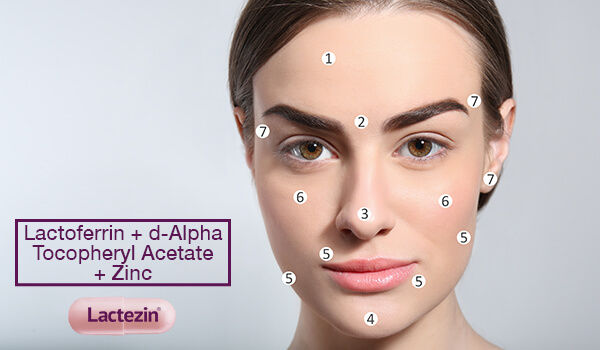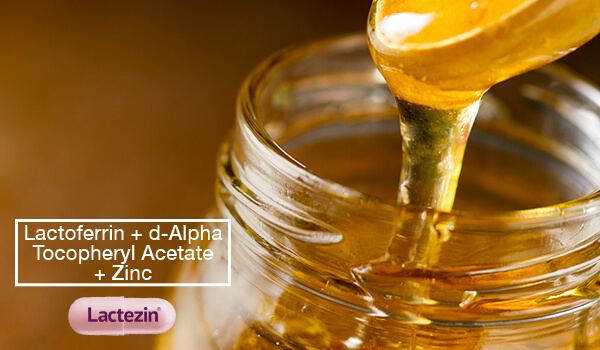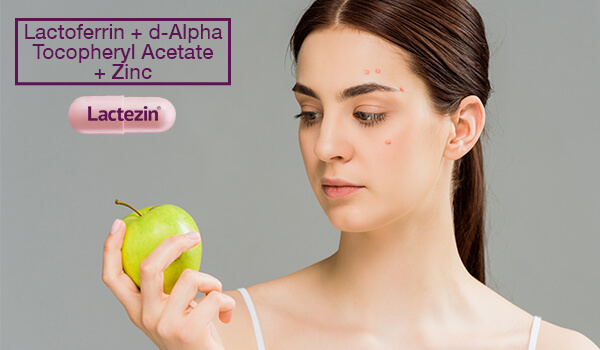Skincare Ingredients You Shouldn’t Mix for Acne-Prone Skin
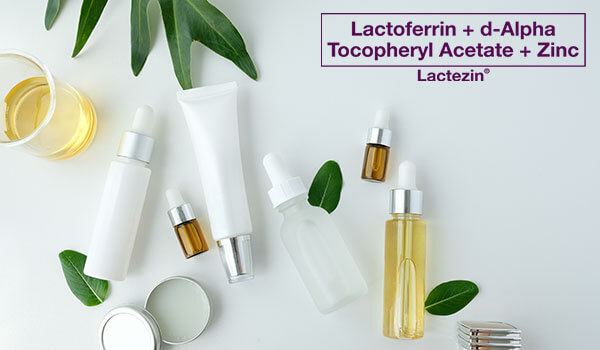
All anti-acne products feature one or several active ingredients to help perform a specific function. One active ingredient can help lessen inflammation, for example, while the other can help unclog pores. While these skincare products can be used together for a better skin routine, there are combinations that should not be used together. Using two incompatible skincare ingredients can irritate your skin and cause an allergic reaction. They can also cancel each other out, making the products ineffective.
Anti-Acne Product Ingredients You Shouldn’t Mix
Want clearer skin? Here’s a handy list of anti-acne products that you should not be using together to avoid those dreaded breakouts.
- Retinol + Vitamin C: This combination is a recipe for irritation, peeling, and redness, particularly for already sensitive skin. It increases your skin’s sensitivity to the sun, heightening the risk of sunburn and UV damage. If you want to use both active ingredients, it is best to use Vitamin C product by day and retinol product by night. This gives your skin enough time to fully absorb their effects without reacting to each other.
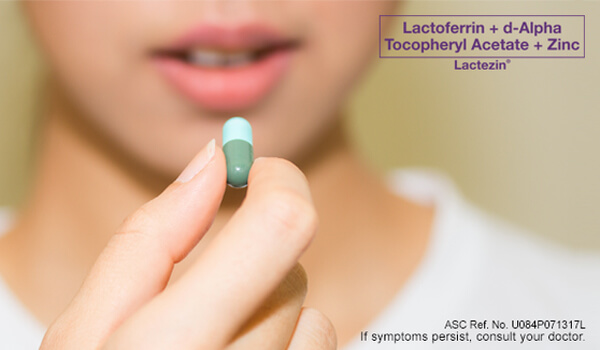
- Water-based and Oil-based Products: We’ve heard of how oil and water don’t mix, and this remains true for anti-acne products that you use on your skin. Oil-based products leave a film on your skin, which makes it harder for water-based products to be absorbed fully. If you have both water-based and oil-based products in your routine, it is best not to use them in the same day. If both oil-based and water-based products work for your skin, try a routine that group similar product bases into the same day.
- Glycolic Acid + Salicylic Acid: Using two acids at the same time can dry out your skin and can cause peeling and redness. Use one or the other for best results!
- Benzoyl Peroxide + Hydroquinone: Benzoyl peroxide is used in many anti-acne products, while hydroquinone is a skin lightening agent that helps fade away acne scars. Using the two active ingredients, however, can irritate and possibly even stain your skin. The best remedy is to not layer the two ingredients on top of each other. You can switch up your skin routine to use different products at different parts of the day or the week.
Want an anti-acne product that works with your skincare routine? Supplement your anti-acne products with Lactoferrin + d-Alpha Tocopheryl Acetate + Zinc (Lactezin)! It has contains Lactoferrin, Vitamin E, and Zinc. Together, these ingredients can help lessen pimples in as early as 2 weeks when taken twice daily.
If symptoms persist, consult your doctor.
Learn more about Lactoferrin + d-Alpha Tocopheryl Acetate + Zinc (Lactezin’s) anti-acne ingredients and formulation by browsing the official website.
ASC REF CODE: I054N053019L
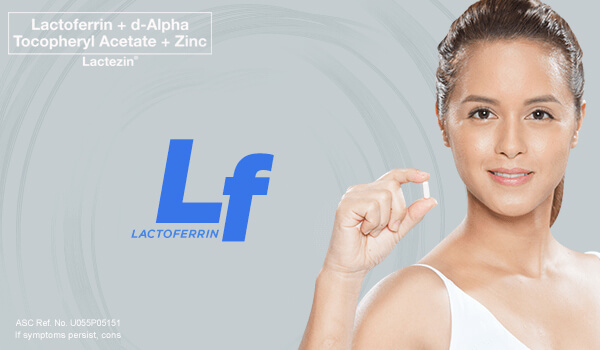
SOURCES:
https://globalnews.ca/news/3332850/these-are-the-skincare-ingredients-you-should-never-mix/
